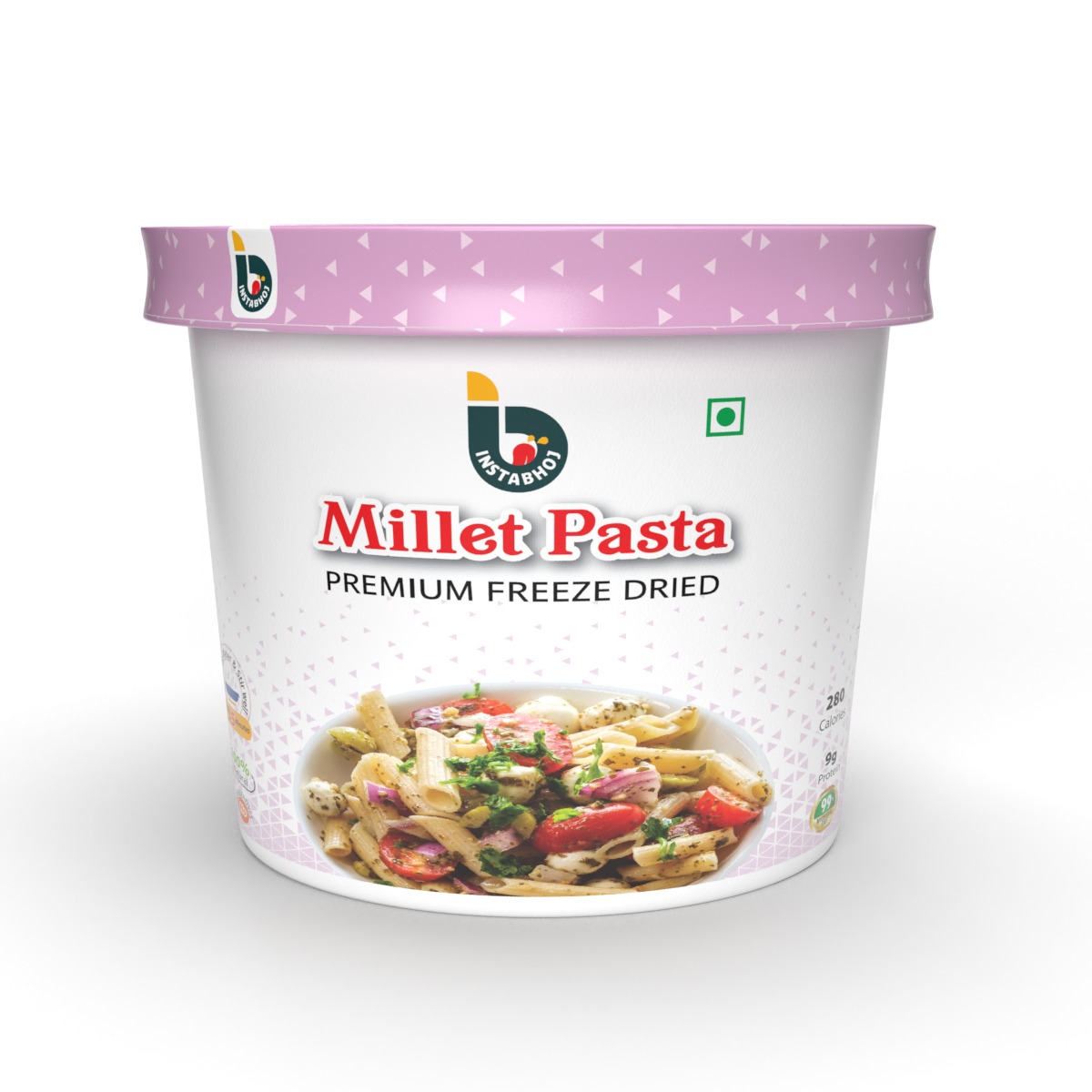Millets are climate-resilent crops, millets provide an opportunity for diversified cropping systems, millets can contribute to healthy diets, millets have untapped potential and can be used in innovative ways

We produce different sustainable products from the raw material
- Ready-to-eat Upma
- Ready-to-eat Khichdi
- Ready-to-eat Idly
- Ready-to-eat Noodle
- Ready-to-eat Pastas
We produce different sustainable products from the raw material
- Ready-to-eat Upma
- Ready-to-eat Khichdi
- Ready-to-eat Idly
- Ready-to-eat Noodle
- Ready-to-eat Pastas


